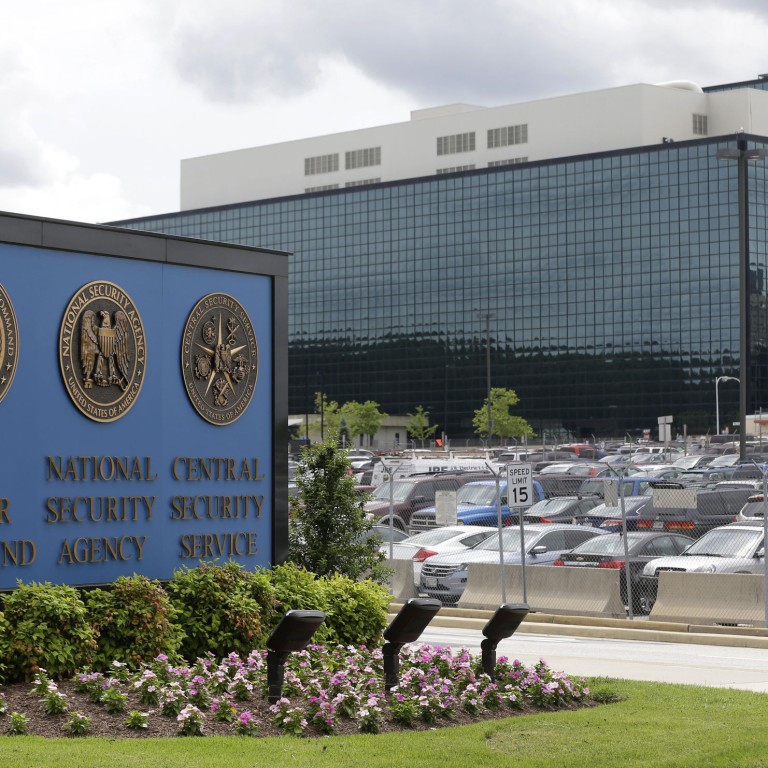
US administration moves to block California surveillance case
Officials say secrets would still be at risk despite Snowden revelations
The Obama administration has moved to prevent a federal judge in California from ruling on the constitutionality of warrant-less surveillance authorised during the Bush administration.
It told a court that recent disclosures about National Security Agency (NSA) spying were not enough to undermine its claim that litigating the case would jeopardise state secrets.
In filings in the two long-running cases, the government acknowledged for the first time that the NSA started systematically collecting data about Americans' e-mails and phone calls in 2001, alongside its programme of wiretapping certain calls without warrants.
The government had long argued that disclosure of these and other secrets would put the country at risk.
But the government said that despite recent leaks by former NSA contractor Edward Snowden, secrets remained at risk in any discussion of their details - like whether the plaintiffs were targets of intelligence collection or whether particular telecommunications providers had helped the agency.
"Disclosure of this still-classified information regarding the scope and operational details of NSA intelligence activities implicated by plaintiffs' allegations could be expected to cause extremely grave damage to the national security of the United States," wrote national intelligence director, James Clapper.
So, he said, he was continuing to assert state-secrets privilege, which allows the government to seek to block information from court even if that means the case must be dismissed. The Justice Department wants the judge to dismiss the matter without ruling on whether the programmes violated the First or Fourth amendments of the US Constitution.
The filings included similar declarations from earlier stages of the California litigation, which were classified at the time and shown only to the court but were declassified on Friday.
The judge, Jeffrey White, had ordered the government to evaluate how the disclosures since Snowden's leaks had affected its earlier invocations of state secrets privilege.
The plaintiffs in the case have been given until late January to file a response.
Cindy Cohn, the legal director for the Electronic Frontier Foundation, which is leading one case, called the government's assertion "very troubling".
She said that despite the Snowden revelations, it was still saying, "we can't say whether the American people have been spied on by their government".
Clapper's unclassified affidavit to the court contrasts sharply with the findings of President Barack Obama's advisory committee on signals intelligence, which said in a report that the collection of bulk telephone data was of little proven value.
Clapper, however, suggested that the programme was one of many that needed to continue, and he discussed threats that he said made the programme vital. He argued that revealing additional details would be harmful.
